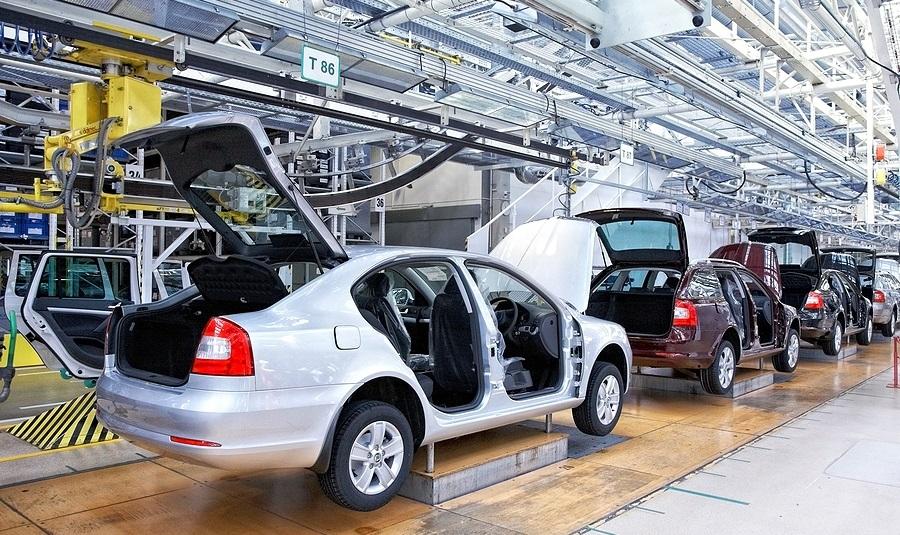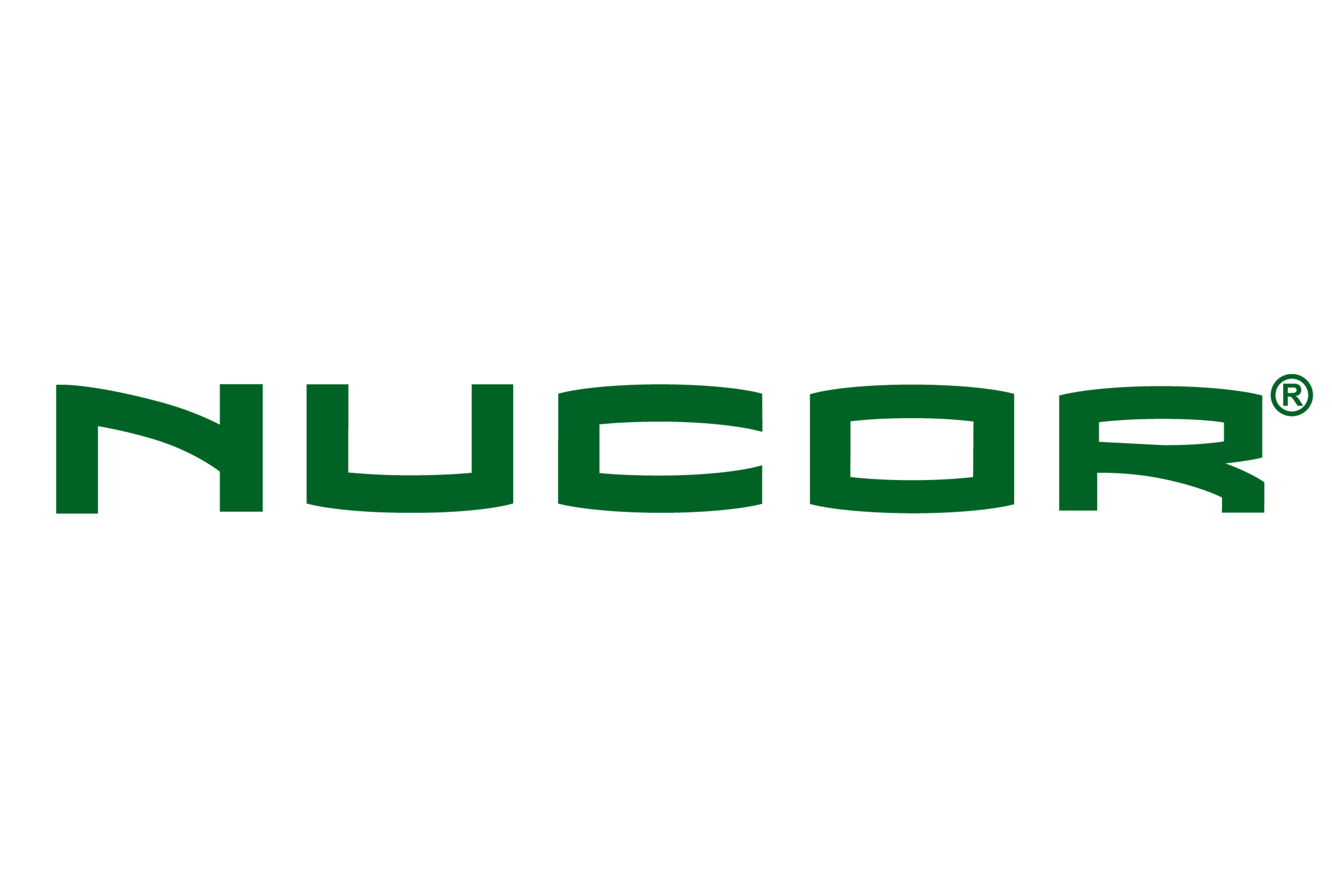Analysis

November 22, 2015
U.S. Vehicles: Proudly Made in North America
Written by Sandy Williams
It used to be that labor unions fought to keep automobile production in the United States. Soon, the biggest “domestic” auto makers will be companies like Honda and Toyota as two of the Big 3 head to Mexico.
The UAW labor negotiations concluded Friday with the ratification of agreements with Ford and GM. Part of the agreements negotiated this year included assurances that workers will continue to have products to produce at the various U.S. assembly plants. The assurances are necessary in light of shifts in production by Detroit manufacturers to foreign venues that offer currency benefits and cost savings through lower labor costs.
Many of those shifts in production have been to Mexico. Although higher profit SUVs and trucks will continue to be produced in the U.S., compact and mid-size autos from Detroit 3 will be shifted primarily below the border. According to Automotive News, by 2019, General Motors will be the only one of the Big 3 to produce midsize or compact vehicles in the U.S.
During contract negotiations, Ford informed the UAW that it will drop the Fusion, Focus, Taurus and C-Max from U.S. production. The Michigan Assembly plant will likely get the Ranger pickup and Bronco SUV to replace the Focus and C-Max. Fusion is already manufactured in Mexico and Taurus, struggling with U.S. sales, may be discontinued in North America.
General Motors Chevy Cruze hatchback will be made in Mexico and the Buick Verano will be assembled in China according to recent reports.
In 2017, FCA is expected to move the Dodge Dart and Chrysler 200 to Mexico in 2017 and discontinue the Dodge Viper. With those moves, essentially all of Fiat Chryslers car production will be foreign.
IHS Automotive forecasts that 42 percent of GM, FCA and Ford’s small cars will be produced in Mexico by 2020. AutoForecast Solutions has that figure at 45 percent and LMC at 37 percent.
Why Mexico? A big factor is labor costs. Mexican autoworker wages average about $5.50 per hour, about one fifth of U.S. auto wages, according to the Center for Automotive Research. The currency exchange rate with Mexico is also a benefit to US manufacturers with the peso at around 17 to one U.S. dollar. Manufacturing infrastructure, technology, supply base and productivity has all improved in recent years.
General Motors recently announced an investment of US $800 million in its Mexico operations. At an anniversary event for GM, Mexican President Enrique Peña Nieto said, “This is a time to invest in Mexico and to grow with Mexico.”
“Today, more vehicles are produced, more vehicles are exported and more vehicles are sold on the domestic market. Mexico has taken great strides in its automotive industry over the last 15 years,” said Peña Nieto.
Although foreign competitors like Nissan and Volkswagen are also increasing their presence in Mexico, others like Honda and Toyota are successfully producing in the U.S. To quote, AutoNews: “In a few years it will be far easier to find a Japanese or Korean car produced domestically than one designed in Detroit that’s not imported.”
During the summer, Manuel Morales, consul at Mexico’s Detroit consulate, said “We don’t want to compete just on cheap labor. Don’t forget, everything [vehicles] we export has 40% U.S. content.” Morales suggests that although “Made in Mexico” stirs local pride, the new boast for vehicles should be “Made in North America.”







